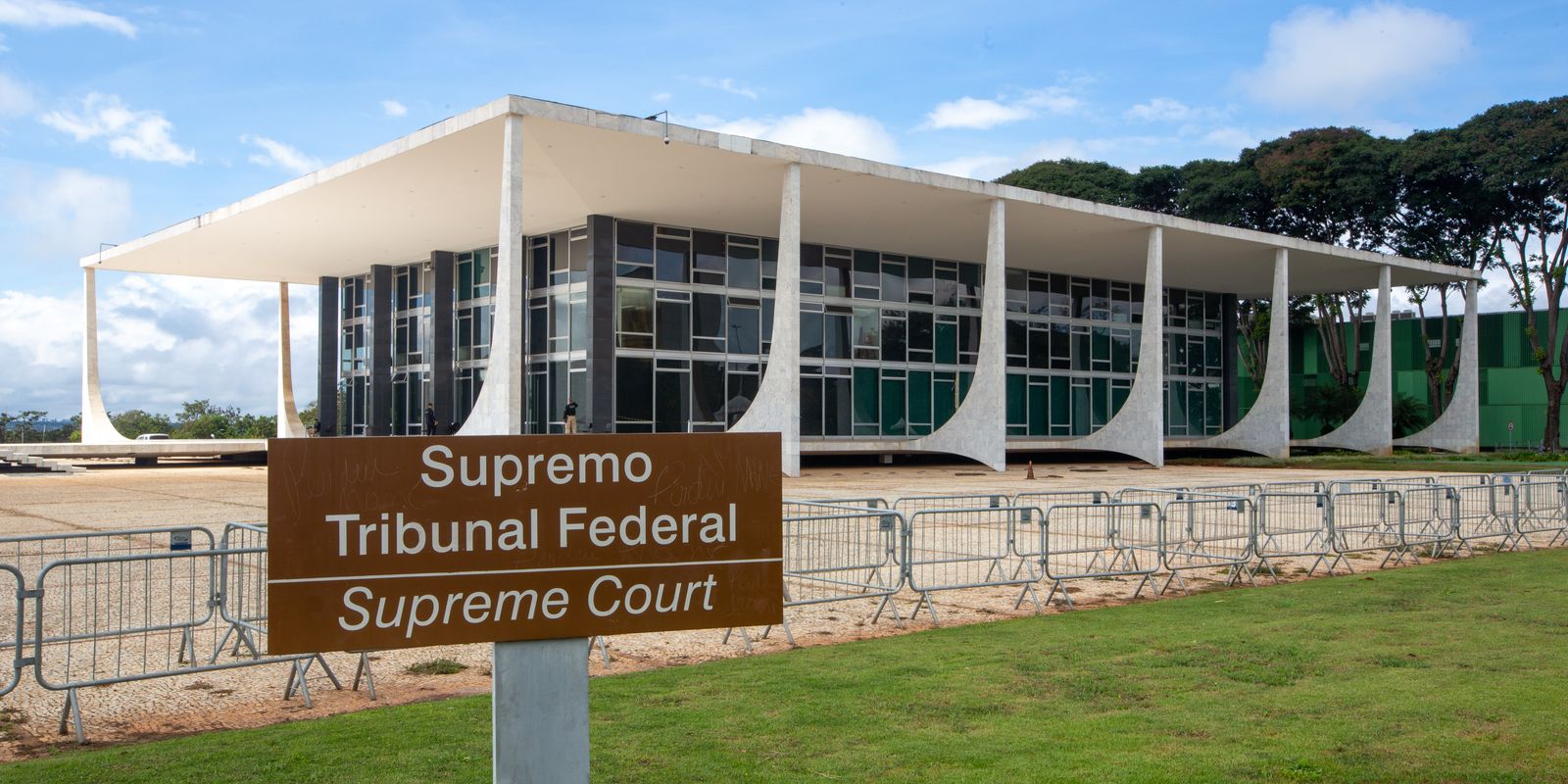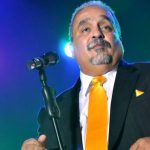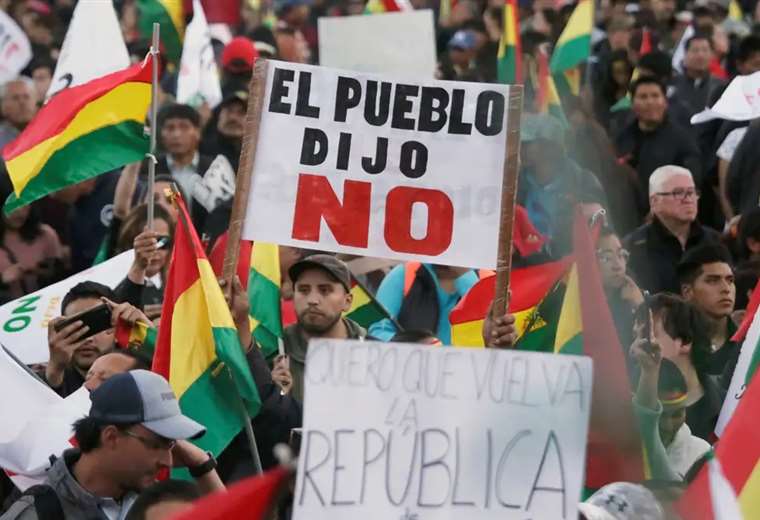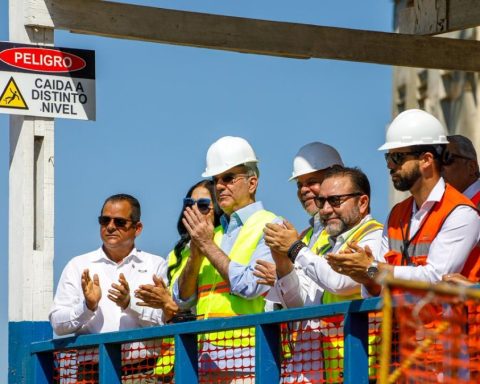The Federal Supreme Court (STF) began analyzing this Thursday (22) an action by the Attorney General’s Office (PGR) to declare Congress’s omission due to the lack of regulation of worker protection against the automation of work activities.
In this afternoon’s session, the ministers only heard the arguments of the lawyer for the Central Única dos Trabalhadores (CUT), an entity that supports the action.
The case reached the Supreme Court in 2022. In the action, former Attorney General Augusto Aras seeks for the Court to set a deadline for Congress to regulate the protection of workers against the advance of technology.
The 1988 Constitution established that urban and rural workers have the right to protection against automation, as provided by law. Despite the constitutional order, federal deputies and senators have never approved a law to address the issue.
For the PGR, the lack of regulation causes an “arbitrary and unjustified” reduction in the protection of workers’ social rights.
“For this reason, it is up to this Supreme Court to declare the unconstitutional omission in the enactment of a federal law that makes effective the social right to protection against automation, therefore setting a reasonable deadline for the National Congress to remedy the legislative delay,” argued the prosecutor’s office.
During the session, lawyer Ricardo Quintas Carneiro, representing CUT, stated that the use of machines and robots controlled by artificial intelligence will automate various types of jobs.
According to the lawyer, the Covid-19 pandemic has intensified automation, increased competitiveness and closed jobs.
Carneiro also cited a study by the University of Oxford that indicates the impacts of automation on around 700 professions.
“The CUT hopes that the STF will draw the necessary limits so that the constitutional order and the arrangement of balance between capital, labor, technology and the State are preserved in accordance with the 1988 Constitution, with the prevalence of humane and decent work,” he stated.
The trial date for the case has not yet been set. The new model that hears the parties in a plenary session before the trial was implemented last year by the president of the Supreme Court, Luís Roberto Barroso. The method is used by the Supreme Court of the United States.

















